
GRASSROOTS RESPONSES TO REGIONAL EDUCATION CHALLENGES: a workshop
Members of the Fair Access Research project will be facilitating a workshop as part of the Festival of Learning in June.
The workshop will be held on Monday 27 June 2016 between 14:00-16:00 in the new FUSION BUILDING, TALBOT CAMPUS [F107].
We are inviting experts working in the field of education and equality to come together and share experiences and skills to find sustainable solutions to the region’s major education challenges.
We want grassroots solutions to grassroots challenges facing the region. This approach will enable targeted and tailored responses that work with the unique challenges of education and social justice in a diverse rural and coastal region.

In this innovative two-hour workshop, led by our Fair Access Researchers, we will work together to find sustainable solutions to the question:
“What are the challenges and opportunities for disadvantaged students to access education in the region?”
This workshop is about active participation by all those involved and collectively growing grassroots solutions. By taking part, you will be helping to build a community to turn challenges and barriers into opportunities and bridges.
We want you to be involved and to shape how our responses! So, please share with your colleagues and networks so that we can have a broad range of participants.
It is through working together and learning with each other that we can help make regional education opportunities more accessible and more sustainable.
To express an interest in participating in the workshop or find out more about the session or BU’s unique Fair Access Research project email Julie Atherton on athertonj@bournemouth.ac.uk
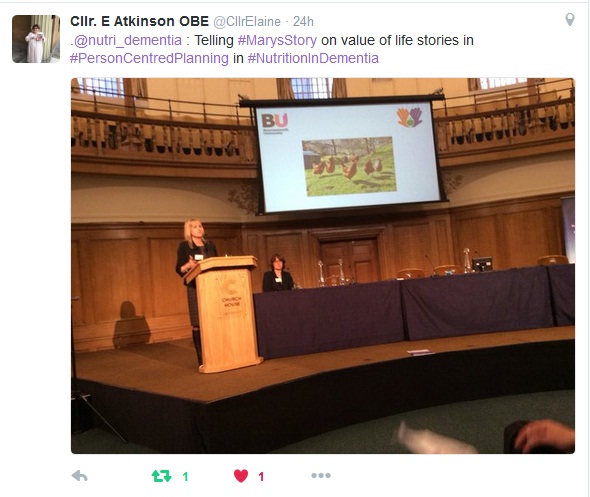
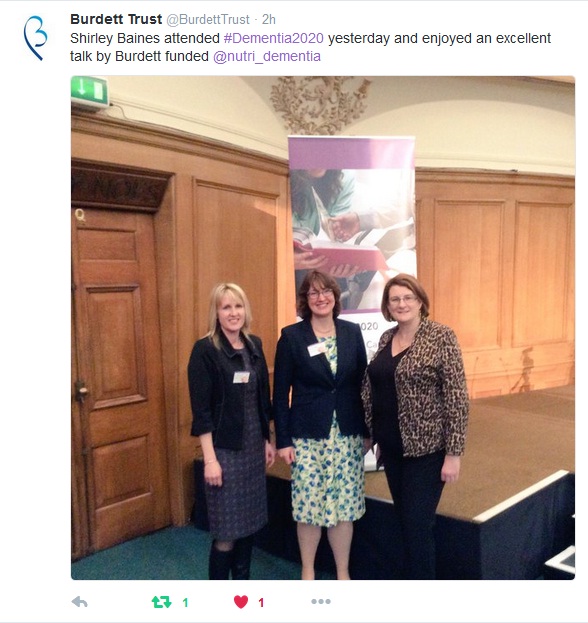
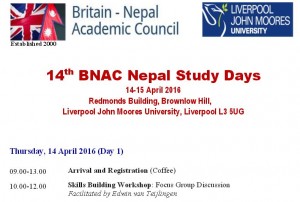
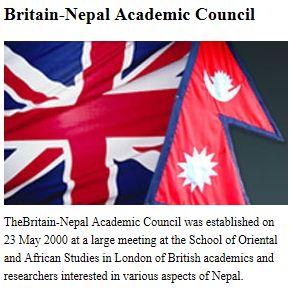


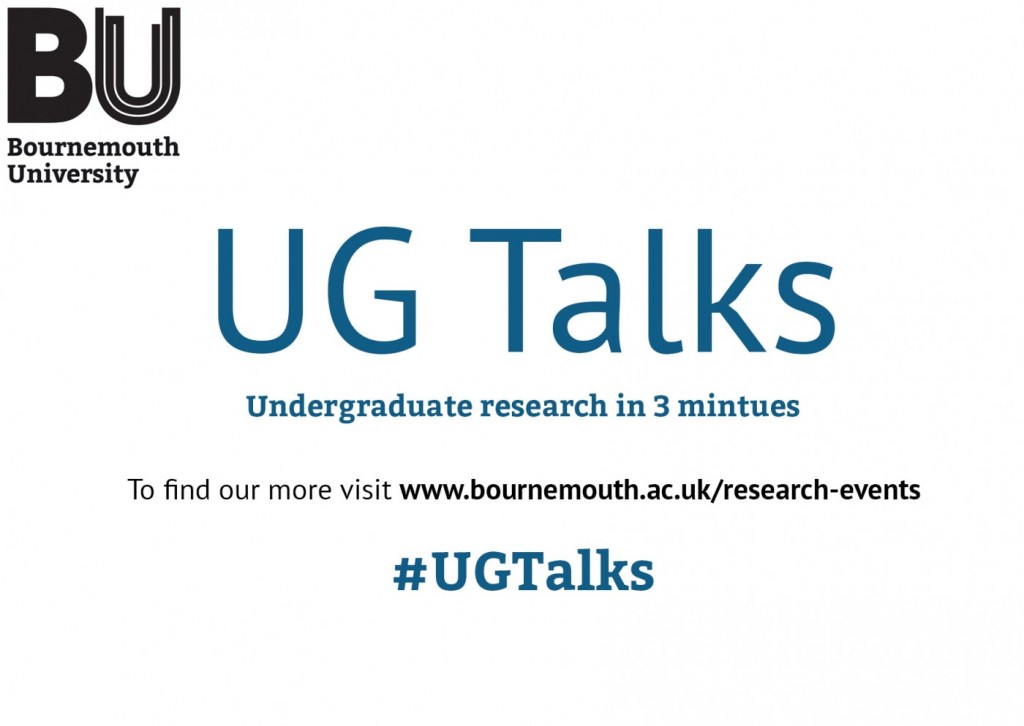



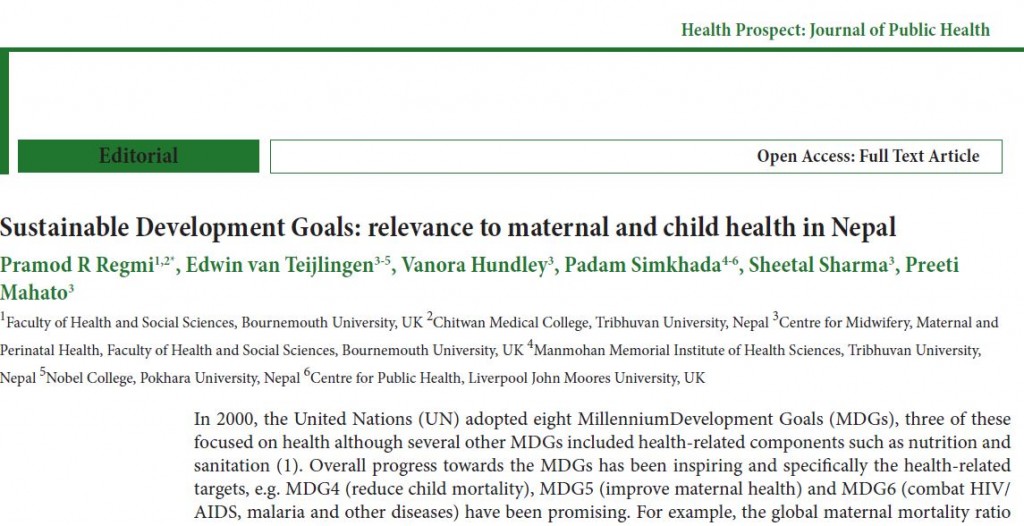
![InnovateUK_LogoA_Interim_RGBx320govuk[1]](http://blogs.bournemouth.ac.uk/research/files/2014/12/InnovateUK_LogoA_Interim_RGBx320govuk11-300x90.jpg)



 There is a proposal from Government to include an anti-lobbying clause in Government grants, which will include research grants. There is a petition by Bob Ward to gain an exemption for academic research. If you are interested in finding out more and/or signing the petition then please see the link here:
There is a proposal from Government to include an anti-lobbying clause in Government grants, which will include research grants. There is a petition by Bob Ward to gain an exemption for academic research. If you are interested in finding out more and/or signing the petition then please see the link here: 

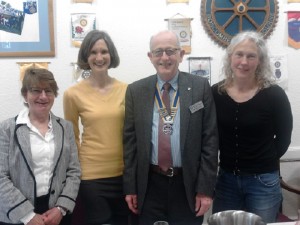











 BU paper among top 20 most cited papers
BU paper among top 20 most cited papers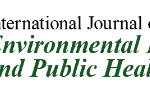 Nepal migrant workers returning from India
Nepal migrant workers returning from India New BU midwifery publication
New BU midwifery publication MSCA Postdoctoral Fellowships 2025 Call
MSCA Postdoctoral Fellowships 2025 Call ERC Advanced Grant 2025 Webinar
ERC Advanced Grant 2025 Webinar Horizon Europe Work Programme 2025 Published
Horizon Europe Work Programme 2025 Published Horizon Europe 2025 Work Programme pre-Published
Horizon Europe 2025 Work Programme pre-Published Update on UKRO services
Update on UKRO services European research project exploring use of ‘virtual twins’ to better manage metabolic associated fatty liver disease
European research project exploring use of ‘virtual twins’ to better manage metabolic associated fatty liver disease